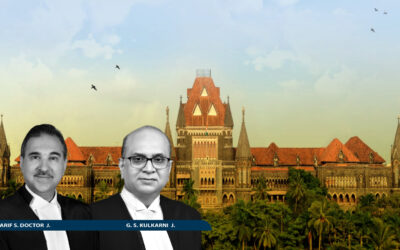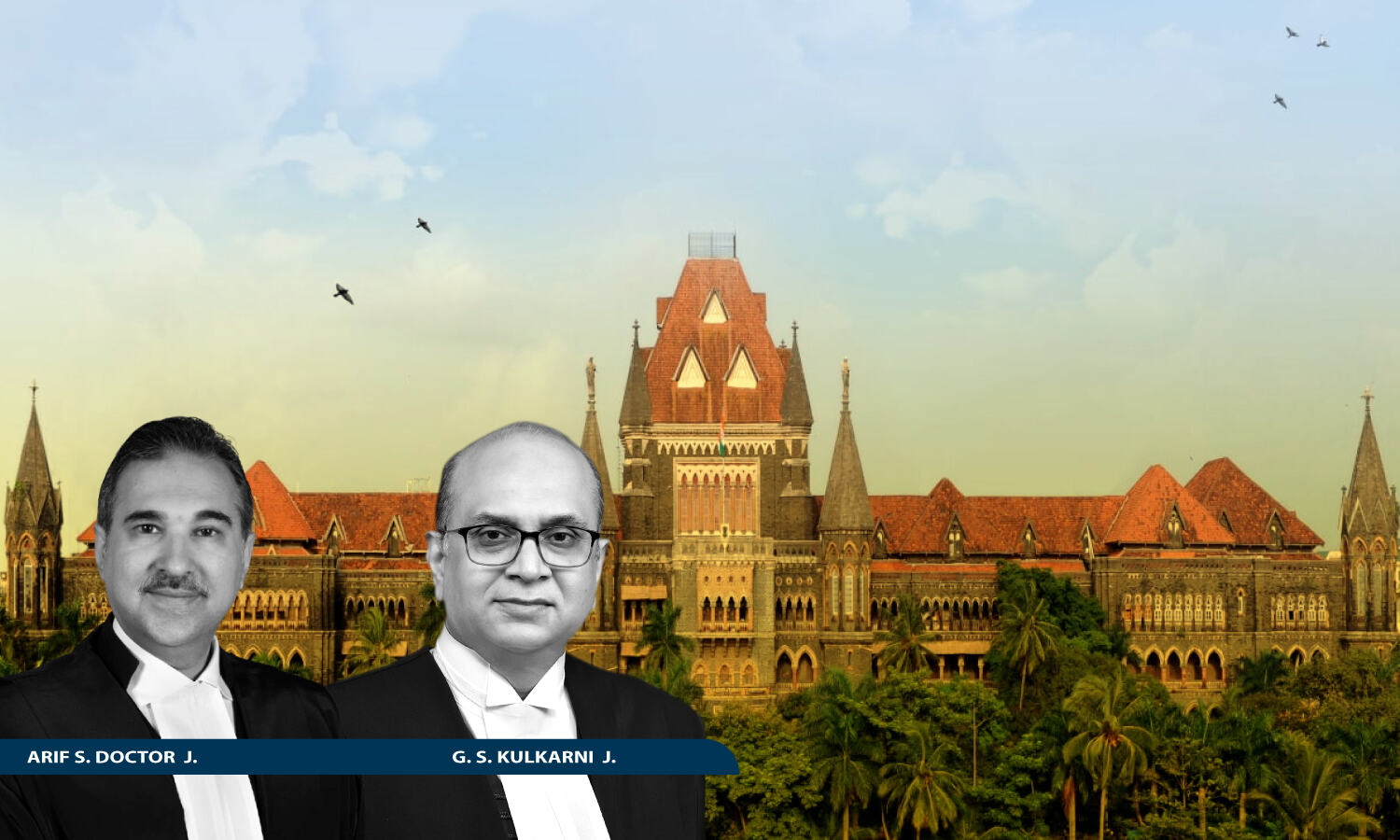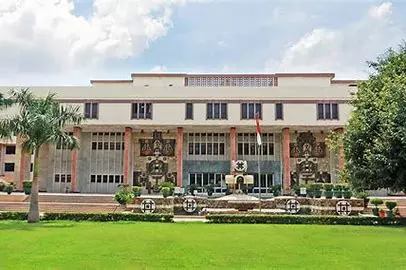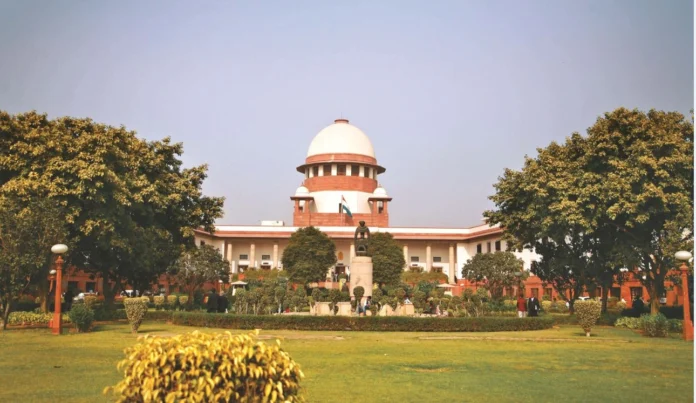Calcutta High Court Upholds Quashing Of KMC’s Demand Notice Claiming Advertisement Tax
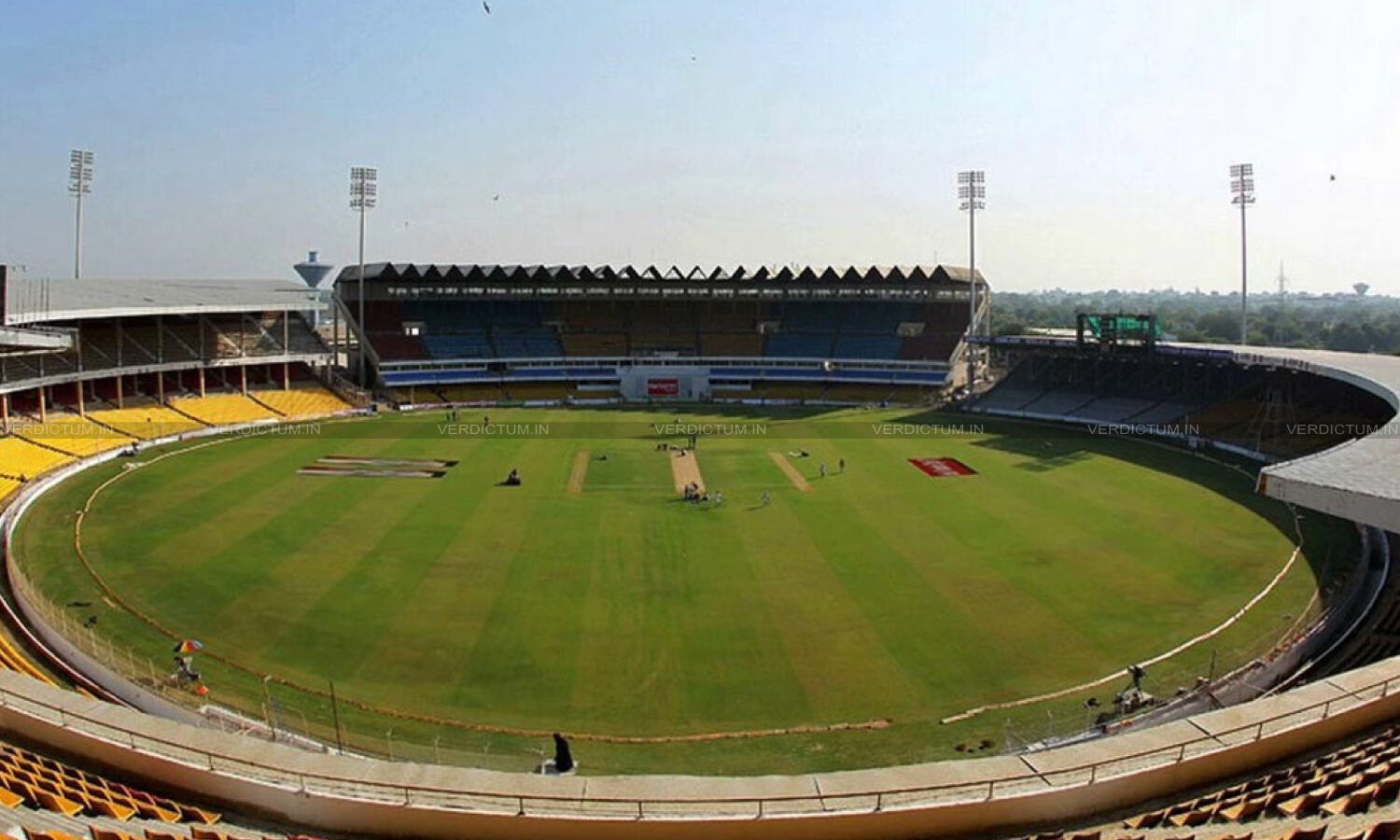
The Calcutta High Court observed that the Eden Gardens Stadium cannot be held to be a ‘public place’.
The Court upheld the demand notice issued by the Kolkata Municipal Corporation (KMC), claiming advertisement tax from the Cricket Association of Bengal (CAB).
A Division Bench comprising Justice Arijit Banerjee and Justice Kausik Chanda held, “Although two hundred thousand spectators may be viewing the advertisements, yet, the private Stadium is not a public place. The owner of the Stadium will be entitled to deny entry to an interested person even if he offers to pay for a ticket. … Therefore, it is not the dimension of a place or number of people that visit a particular place, that would determine the nature of a place as ‘private or public’. The only criterion must be whether or not the members of the public have an unrestricted right of access to that place. Applying this test, Eden Gardens Stadium cannot be held to be a public place.”
The Bench said that the members of the public do not have absolute or unrestricted right of access to Eden Gardens and just because Eden Gardens Stadium can accommodate a huge number of people, maybe close to a lakh, that would not per se make the Stadium a public place.
Senior Advocate Alak Kr. Ghosh appeared on behalf of the Appellants while Senior Advocates Joydeep Kaur and Samrat Sen appeared on behalf of the Respondents.
Factual Background
CAB enjoys a lease of the Eden Gardens ground in the city of Kolkata. The owner of the property and the lessor is the Ministry of Defence, Government of India. The inaugural ceremony of the Wills World Cup of 1996 was organized by CAB at the Eden Gardens on February 11, 1996 and thereafter, a semi-final match of the World Cup was held at the said Cricket ground on March 13, 1996. Certain advertisements had been put up both inside and outside the Eden Gardens Stadium. The KMC issued a demand notice claiming a sum of Rs. 51,18,450/- from CAB on account of advertisement tax for the two days of the Wills World Cup, by invoking Section 204 of the KMC Act, 1980. CAB and its President and Secretary challenged such demand notice by filing a Writ Petition. The challenge was based on three grounds.
Firstly, the concerned advertisements had been displayed within the Eden Gardens Stadium which is not a public place and the same were not visible to the public from a public street or a public place and, therefore, the provisions of Section 204 of the KMC Act, 1980 as it stood before amendment in 2019, did not apply. Secondly, the demand notice suffered from the vice of arbitrariness and had been issued in breach of the principles of natural justice. The basis for the amount claimed in the demand notice had not been disclosed. Allegedly, the Writ Petitioners were not granted an opportunity of being heard prior to the issuance of the notice. Thirdly, in view of Article 285 of the Constitution of India, the Union of India being the owner of the land which houses the Eden Gardens Stadium, the KMC authority cannot levy any tax thereon. The Single upheld the grounds of challenge as put forth by the Writ Petitioners and quashed the demand notice. Being aggrieved, the KMC and its officers preferred an Appeal before the High Court.
Reasoning
The High Court after hearing the arguments from both sides, noted, “It is not in dispute that KMC received the aforesaid reply issued on behalf of CAB. KMC did not respond to the same, as it should have done, in our view. In consonance with the principles of natural justice, KMC ought to have informed CAB as to why the objections raised in CAB’s reply are not acceptable. KMC should have also offered an opportunity of hearing to CAB. Without doing any of that, KMC filed criminal proceedings against office bearers of CAB under the provisions of the KMC Act. The demand raised by KMC has civil consequences for CAB.”
The Court added that it was imperative for KMC to raise or press such claim only after observing the principles of natural justice, which it did not do and this is the first ground on which the letter or notice of demand dated March 27, 1996, must be quashed.
“… it is trite law that when a statute empowers or authorises an authority to do a certain act and indicates in the statute itself the manner in which that act shall be done, then and in that event, that act shall be done only in the manner prescribed by the statute or shall not be done at all. Any other mode of doing that act is necessarily forbidden”, it elucidated.
The Court observed that without framing Regulations or without the budget estimate prescribing the rates at which advertisement tax may be levied by KMC, computation and imposition of such tax would be arbitrary.
“It would have no rational basis. It would then be open to KMC to quantify such tax as per its sweet will. This cannot be countenanced under the rule of law. There must be a guiding factor following which advertisement tax can be assessed and imposed. On this ground also the demand notice is bad in law”, it added.
Furthermore, the Court noted that it has not been disputed by KMC that the advertisements erected/exhibited within the Eden Gardens Stadium were not visible from outside the Stadium and only the people inside the Stadium could see such advertisements.
“Neither the KMC Act nor the General Clauses Act, 1897, defines the phrase ‘public place’. In our opinion, the phrase has to be given its natural meaning. It must mean a place which is open to the public at large. In other words, any member of the public must have access to that place without any restriction. Nobody’s permission should be required for visiting such a place. Black’s Law Dictionary, 10th Edition, defines public place as “any location that the local State or National Government maintains for the use of the public, such as highway, park, or public building”, it said.
The Court explained that as soon as conditions are imposed on members of the public for having access to a place, that place ceases to be a public place and a public place must be accessible to an indeterminate number of people without any hindrance or condition.
“Keeping in mind the aforesaid discussion, would one be justified in describing the Eden Gardens Stadium as a public place? In our opinion, the answer must be in the negative. CAB is the lessee of the property where the Stadium is situate. CAB can deny permission to anybody to enter the Stadium even on a day when a match is on and the person is willing to pay for the ticket”, it also said.
Conclusion
The Court further enunciated that the concept of “restricted public place” finds no place in Section 204 of the KMC Act nor is that phrase defined in any dictionary.
“Since we have held that the inside of the Eden Gardens Stadium is not a ‘public place’ and therefore Section 204 of the KMC Act (as it was before the 2019 amendment), would not be attracted and also because we have held that the notice of demand is even otherwise bad in law for the reasons discussed above, we do not deem it necessary to consider or decide the other points agitated by the parties including whether or not KMC is entitled to levy advertisement tax on hoardings put up on land and structures owned by the Union of India”, it concluded.
Accordingly, the High Court dismissed the Appeal and refused to interfere with the impugned Judgment.
Cause Title- The Calcutta Municipal Corporation & Ors. v. The Cricket Association of Bengal & Ors. (Case Number: APO/248/2016)
Appearance:
Appellants: Senior Advocate Alak Kr. Ghosh, Advocates Swapan Kr. Debnath, and Sima Chakraborty,
Respondents: Senior Advocates Joydeep Kaur, Samrat Sen, Susmita Saha Dutta, and Kaushik Mandal.

